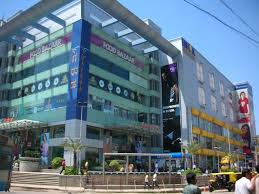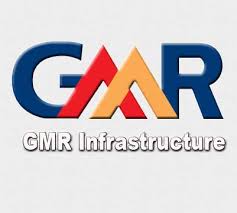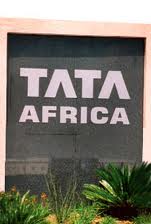 Mall are being constructed and designed as modern shopping complexes keeping focus on residents in the new luxurious housing units in Metro cities and in other urban centers also in India.
Mall are being constructed and designed as modern shopping complexes keeping focus on residents in the new luxurious housing units in Metro cities and in other urban centers also in India.
The malls accommodate every thing from retail chains to eating joints to entertainment zones. A customer can expect any to get every range of products including domestic and foreign brands.
There is a lot of scope for new malls in urban India, as the mall culture has been accepted by open hands by the Indians. The retail industry is only 4 pc in the mall and is expected to raise 30 pc in few years.
Top real estate developers have already launched several projects in the NCR region, which are attracting huge footfalls. According to a survey the ideal per capita mall space in India’s top urban centers is about 1.5 sq ft per person, but this can vary from city to city.
With an estimated urban population of 30 million people, one of the hottest markets the Delhi-NCR market can absorb more in it. With the rise in demand the average size of malls in India has increase as the developers are focusing on larger spaces. It is estimated that a large mall average size is 4,50,000 sq ft.
The larger mall allows the tenant to mix the various formats, and with the introduction of multi-brand the size needs to be larger as most of the areas are occupied by the foreign retailers.
The wave group and the DLF are going to open new malls in sector 18, Noida very soon. The malls will give a blend of entrainment and shopping with possible all the amenities. The Wage grup is alos plnning to extend arms in Tier-II cities in India.





















